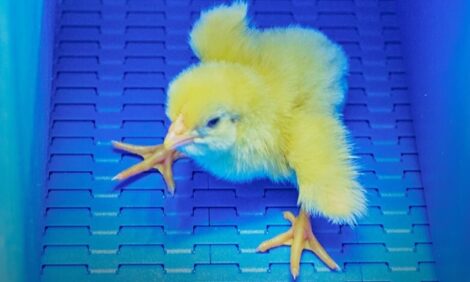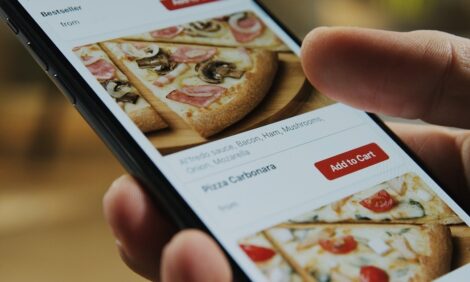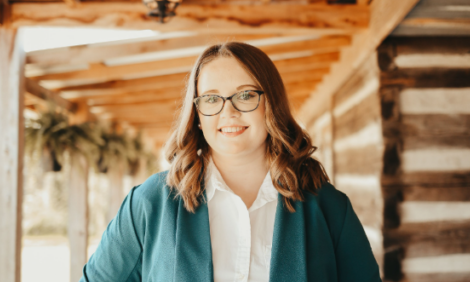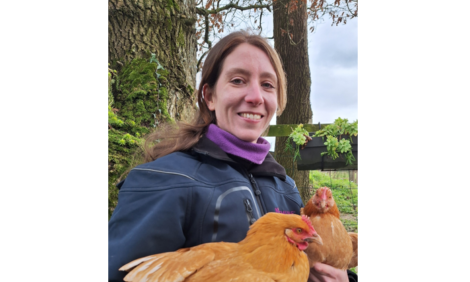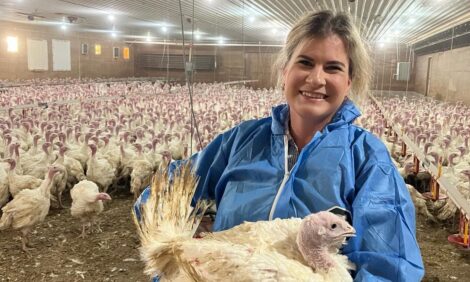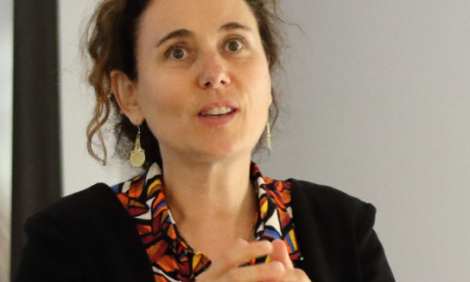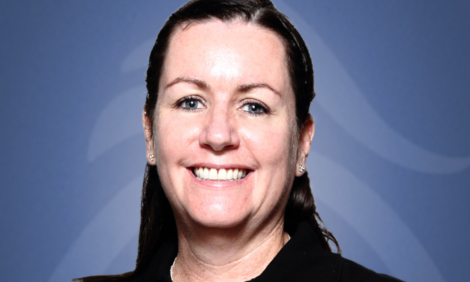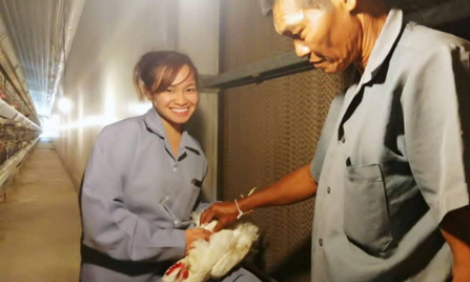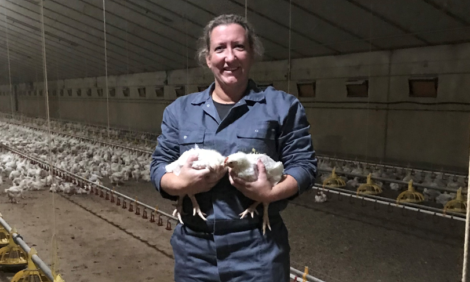



Women in Poultry: Dr Kelli Jones
Ceva's Dr Kelli Jones tells The Poultry Site about her journey in poultry health.Dr Jones is a manager of technical veterinary services for Ceva, based in the USA. She first became interested in the poultry industry after having been invited to the International Production and Processing Expo (IPPE) during her undergraduate study in the Poultry Science department at Louisiana State University (LSU). Graduating with a Bachelor of Science degree in Animal, Dairy, and Poultry Science in 2000, Dr Jones earned her DVM in 2003, an MAM from the University of Georgia in 2004, and became board certified with the American College of Poultry Veterinarians (ACPV) in 2005.
Dr Jones was hired by Aviagen shortly after completing her MAM, working in a veterinary technical services capacity in North America from 2004 to 2009. Leaving to become a professor at the Poultry Research and Diagnostic Laboratory, Mississippi State University, she educated future generations of poultry specialists from 2009 to 2013, when she joined Ceva full time.
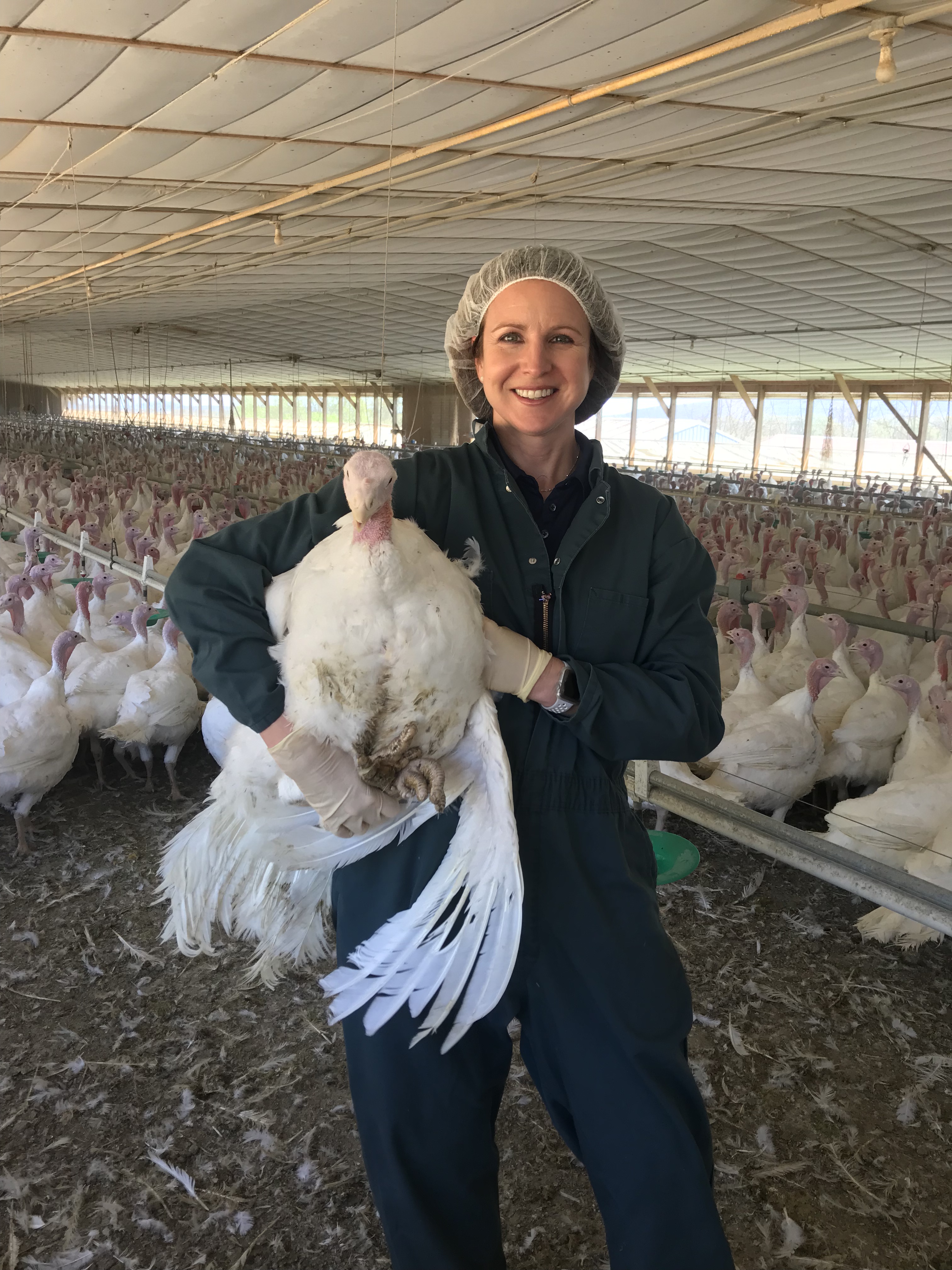
What’s unique about your role?
What is most unique about my current role is that I get to work across the different poultry industry sectors. I work evenly and comfortably across the layer, turkey and broiler industries. This makes for a nice mix of different experiences and opportunities, and really keeps me engaged in my career.
What are the main challenges that you face in your role?
Life/work balance is my biggest struggle. Balancing a family life with small children, a personal life, and a demanding career is very hard. There is always a sacrifice to be made in one of those three to be able to accomplish the other(s), but all are worth the sacrifice at times.
What does the future of poultry health look like in terms of preventing and treating disease?
Disease prevention is the future, as more and more treatment tools are eliminated from the belt. Vaccination will be a big part of that future, and I am happy to be on that side of the business.
Describe a typical day in your current role
Perhaps what I love most about my job is that no day is ever the same. Because I work across the industry sectors, I can wake up to a different adventure every day. Typically though, I am on a plane every week going to look at flocks somewhere in the US. I see myself in a consultant veterinary role for my customers to utilise. I offer a fresh eye on their issues, report on bird health, obtain samples for diagnostics, and provide follow up reports with lab results. The best thing I get to do though is offer a custom solution that fits their individual need(s) based on what I observed and confirmed to be true. I love to help make a difference.
What’s the most unusual experience you’ve had in poultry?
For someone who students once suggested to have my own reality show, I have definitely had my fair share of adventures in poultry. One that stands out was a time I took three veterinary students to a backyard poultry farm in Mississippi to reportedly trouble shoot “fowl mites.” What was supposed to be mites actually ended up being sticktight poultry fleas. Within seconds, all four of us were completely infested. We had to hand pluck the fleas off of each other like monkeys afterwards, spray down with Raid, and bomb the university van with pesticide…twice! I’ll never forget that day.
Are there any individuals or organisations in poultry who you’ve found particularly inspirational?
There have been countless individuals and organisations that have inspired me over the years. One standout individual is Dr. Marshall Putnam. Dr. Putnam has been a mentor of mine since I was a student at UGA, always inviting me in the field to work with him. Then, he was a customer who always showed me the respect of an equal colleague, and now he has been my direct boss for over seven years making sure I keep it between the ditches. I owe a lot to this particular individual for always believing in me and for pushing me to be more.
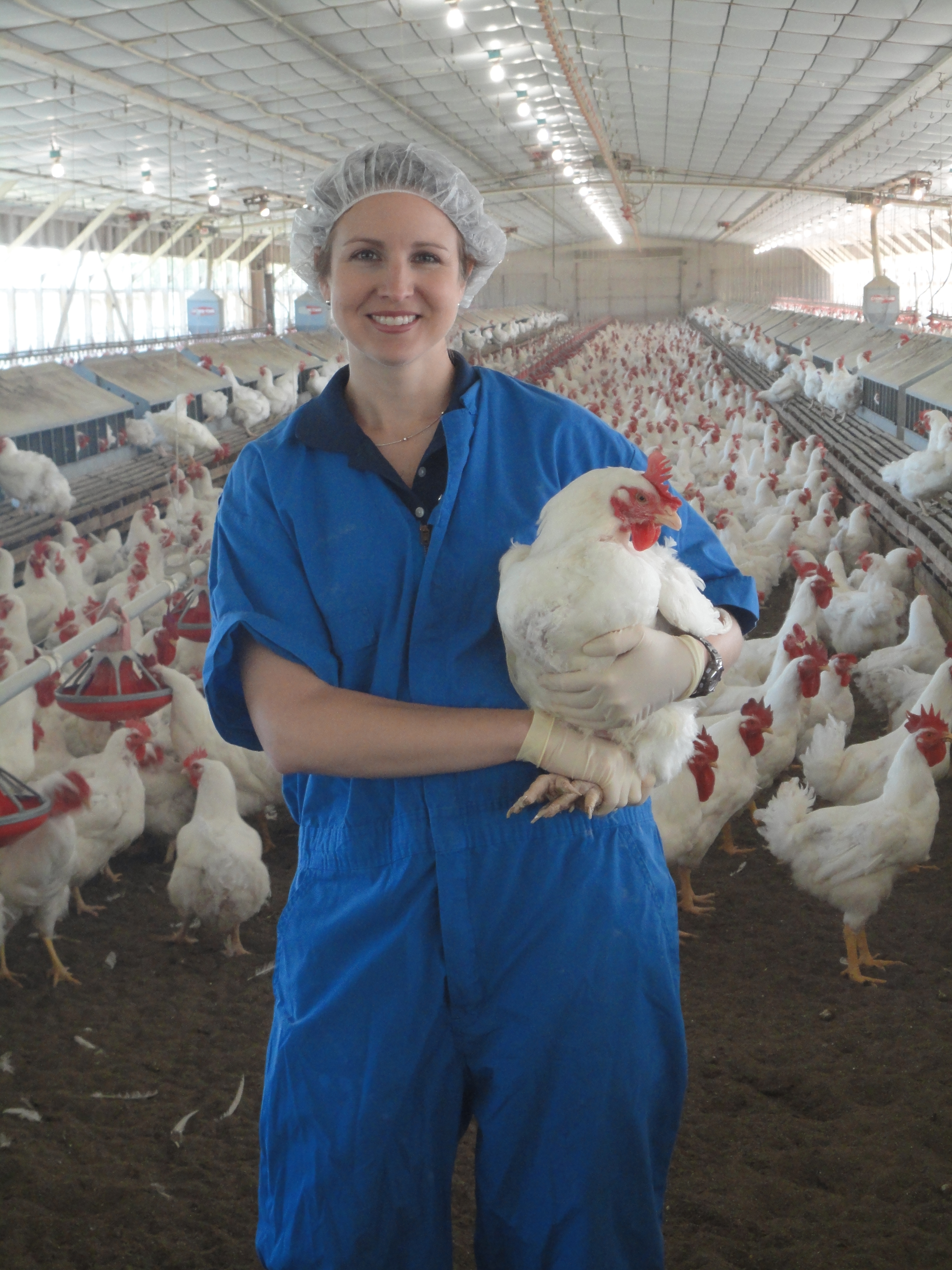
Have you encountered any challenges as a woman in your field? If yes, how have you overcome them?
Yes, yes, and yes! Just being a female in a male dominated workforce is a challenge in itself. The men always will outnumber the ladies. I have been called it all over the years, some good and some bad, but if I were a man, it would just be “Doc.” Also, I have always worried that a woman’s usefulness in the industry is limited compared to a man’s. There are a ton of gray haired old men in the field, but not that many, if any, “grannies” out there. I want to stay relevant, even into my older years.
What advice would you give to women looking to start a career in your field?
I would say to go for it. It is definitely hard juggling the life/work balance, but it is worth it. I always tell my female students that if I can do it, then anyone can. I am on a plane every week, but somehow I am managing to help raise two wonderful little boys, keep my household going, exercise and enjoy my hobbies, and find time for a personal life with my husband. It is exhausting, but I thrive on doing. I have never been one to just sit around.
What outstanding challenge facing the poultry industry would you most like to solve?
Again, I would separate public pressure from the industry, and let science guide the decisions. Whether this be to put policy out that prevented welfare groups from sabotaging the industry, politicians from using the industry to promote their agendas, or customers from making unfounded demands counterproductive to best management animal husbandry practices. What is best for the animals should always be the focus, not what is best for a particular interest group.
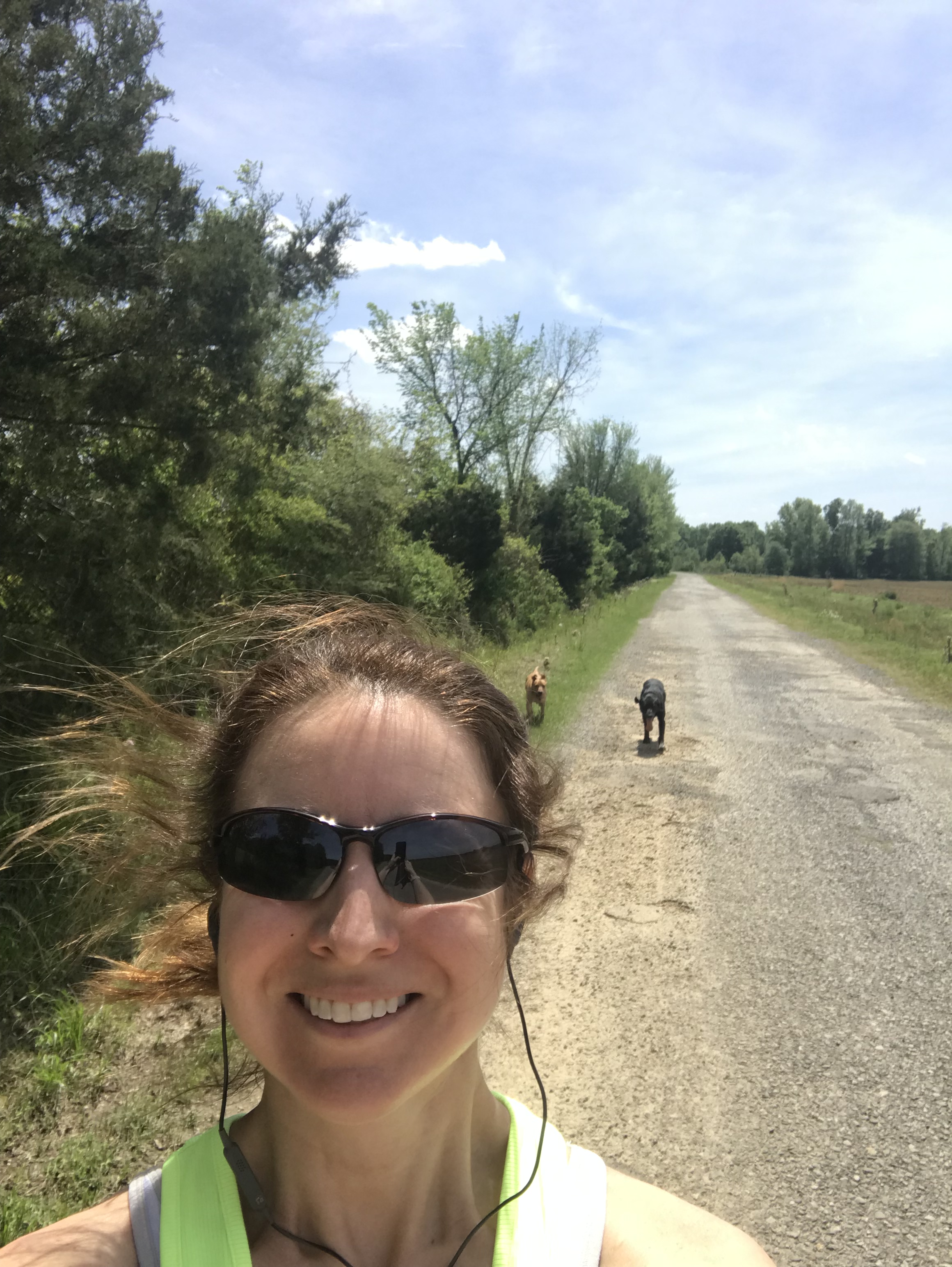
What keeps you entertained when you’re not on the job?
I stay busy off the job hanging out with my family (two sons, a husband, three dogs, three cats, two turtles, seven horses, and fifty or so cows!), running/biking/exercising, playing music, sewing/quilting, and traveling for fun.
What are you most excited about in the next 5-10 years regarding the poultry industry?
I look forward to seeing what the industry will come up with for disease prevention in the future. The vaccine world is wide open to innovation and development to revolutionise how we vaccinate food animals and prevent disease.
What’s next for you?
Honestly, I love my job, and am content to keep doing exactly what I am doing for quite a while.








